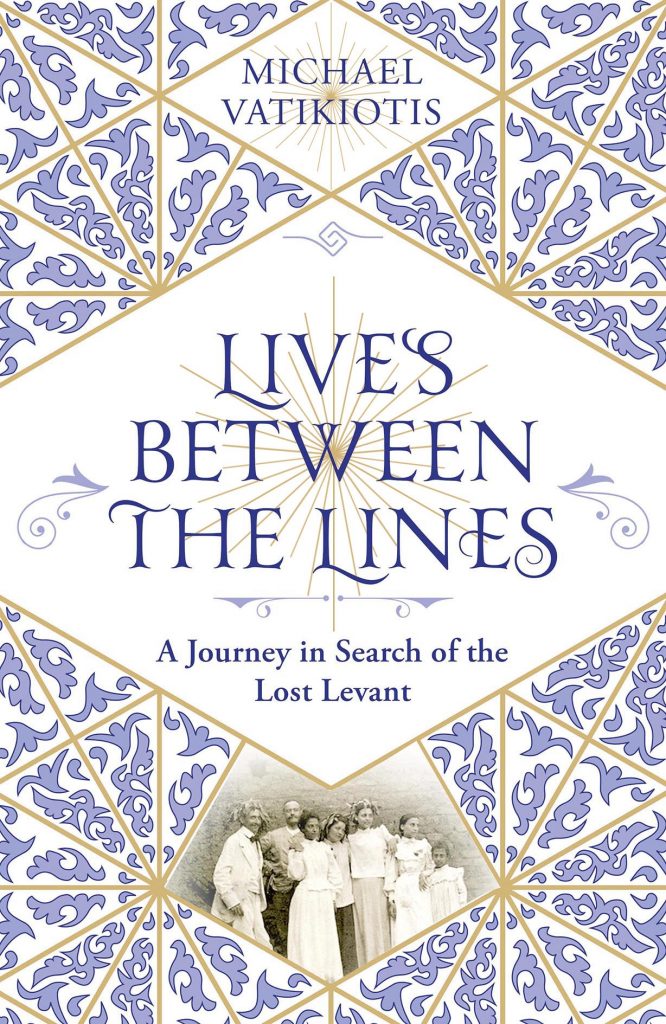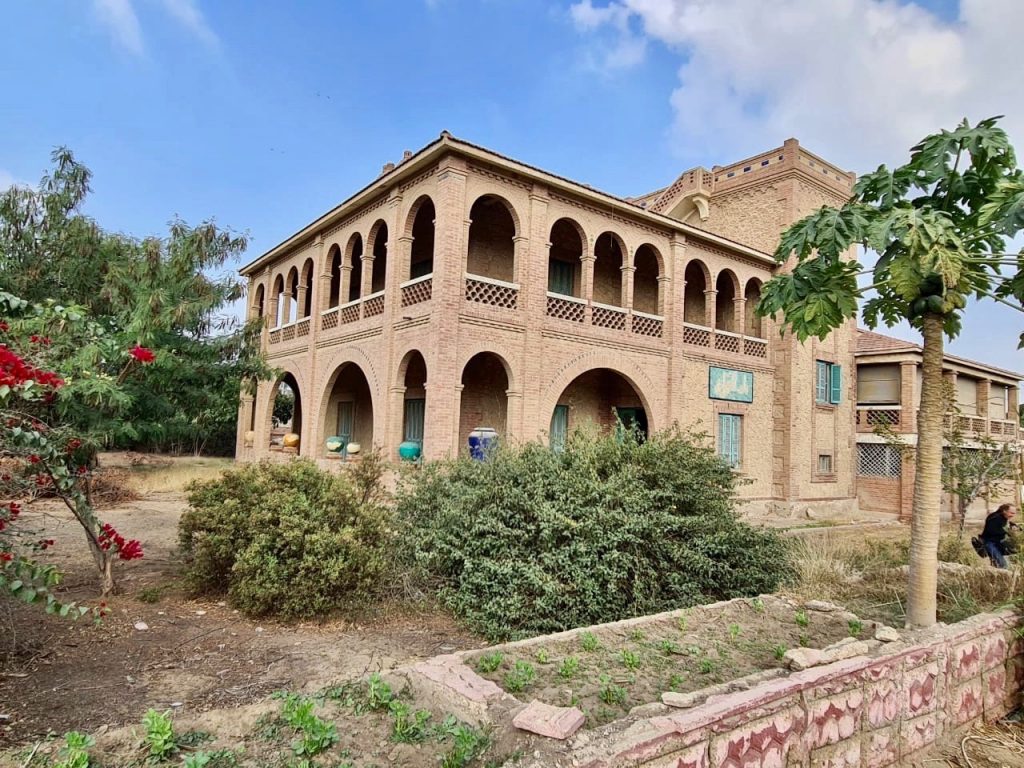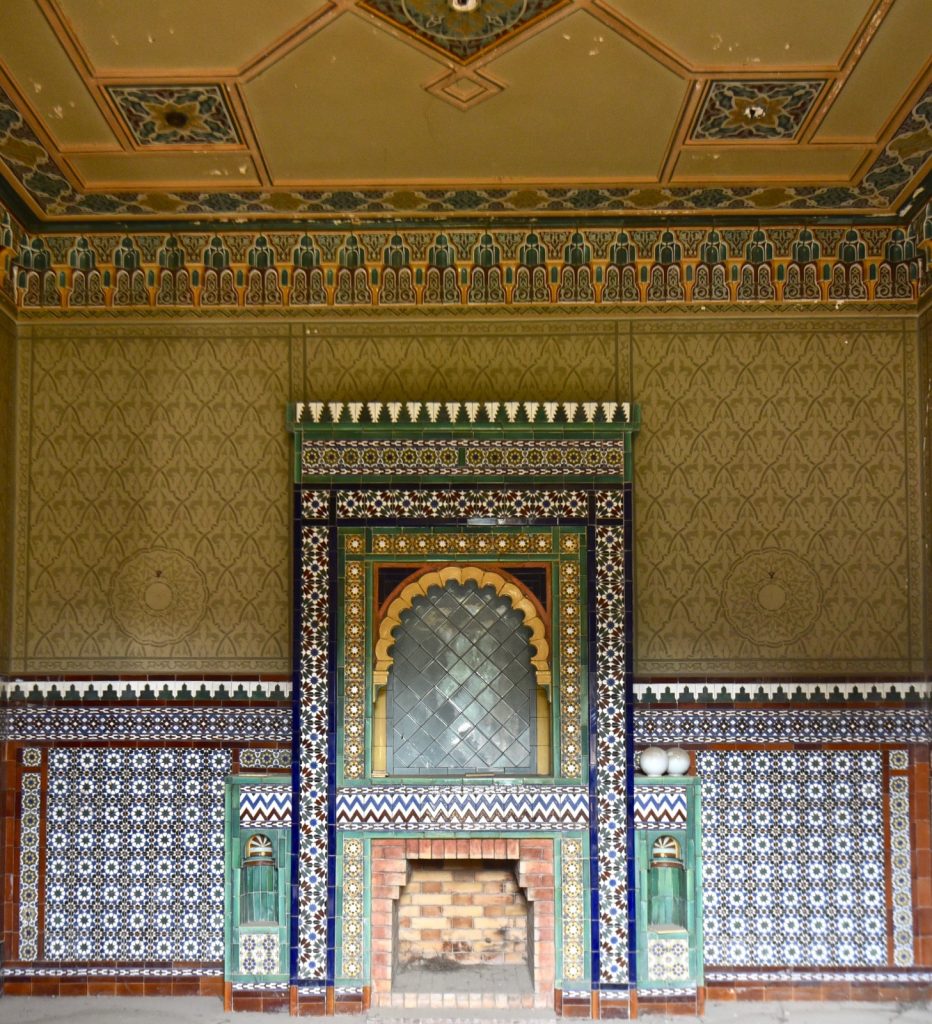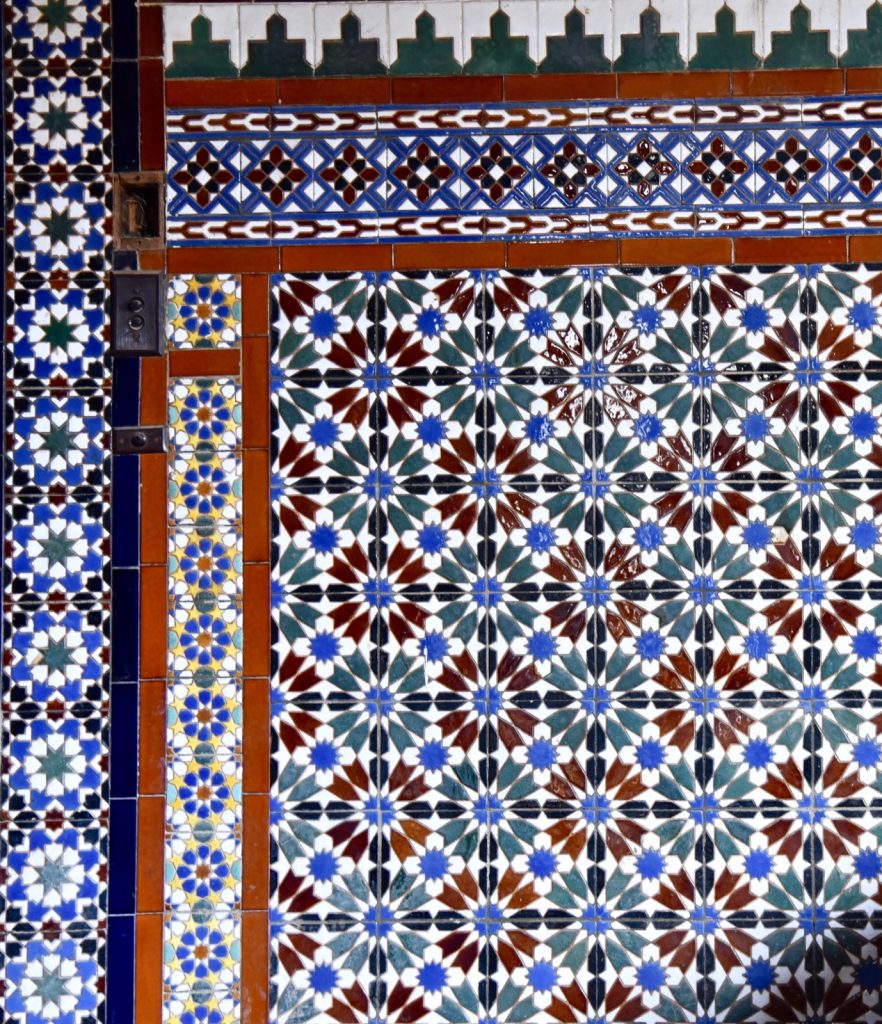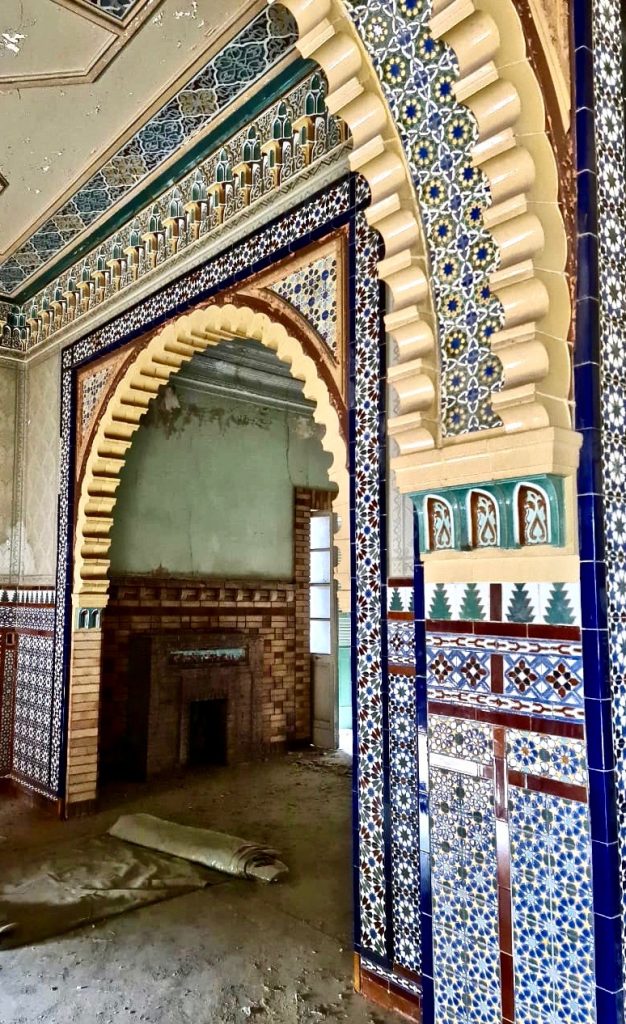LIVES BETWEEN THE LINES tells the story of the author’s Greek, British and Italian family who arrived in Egypt and Palestine in the mid-nineteenth century as migrants armed with talents and skills that were much in demand as Ottoman rulers sought to modernize their lands. They worked for the post office and the railways, but also included charismatic monks and successful entrepreneurs who built things and left their mark on society. The period spanning a century from 1850 to 1950 saw the Middle East traverse a remarkable arc of growth and prosperity that fostered diversity and creativity, blending the energy and aspiration of occidental immigrants with the refined manners and tolerant culture of the Orient in a brief, effervescent moment of economic and social progress. In stark contrast to the image of the Middle East today, from which tens of thousands of people flee each year seeking asylum in Europe, the Middle East then was a haven for tens of thousands of Europeans fleeing war and poverty.
This engaging and very personal narrative history captures a lost era in the Middle East, seen through the lens of a Levantine family. Born as foreigners in a land they loved, they were nonetheless citizens of European states which brought strife and turmoil to the societies they were tethered to.
“I was inspired to write this book by the waves of desperate migrants fleeing to Europe from the war zones of Syria and Iraq. Their plight reminded me that my own family fled war-torn Europe in the mid-nineteenth century and found sanctuary in the Middle East. I embarked on a journey to explore the Ottoman cosmopolitan era in which they thrived. Along the way I connected with my Levantine heritage and discovered the ancient ingredients of peaceful pluralism – a recipe the world has sadly lost.”
Michael Vatikiotis
The book captures the essence of this Levantine milieu, people with fluid identities speaking many languages: each serving their own interests rather than a greater whole in a sprawling empire without boundaries. It was a profoundly privileged and unequal social order. Life was rich, secure and commonly described as cosmopolitan. The cosmopolitan era spanned the last seventy years of the Ottoman Empire – a period that encompassed both dynamic reform and sclerotic decline. It overlapped with encroaching European rule in the twentieth century that sowed the seeds of the conflict and destruction leaving the Middle East divided and economically weakened after 1950 and generating an exodus of Levantine refugees, among them members of the author’s Greek and Italian family.

